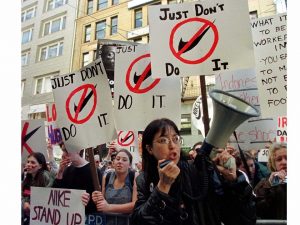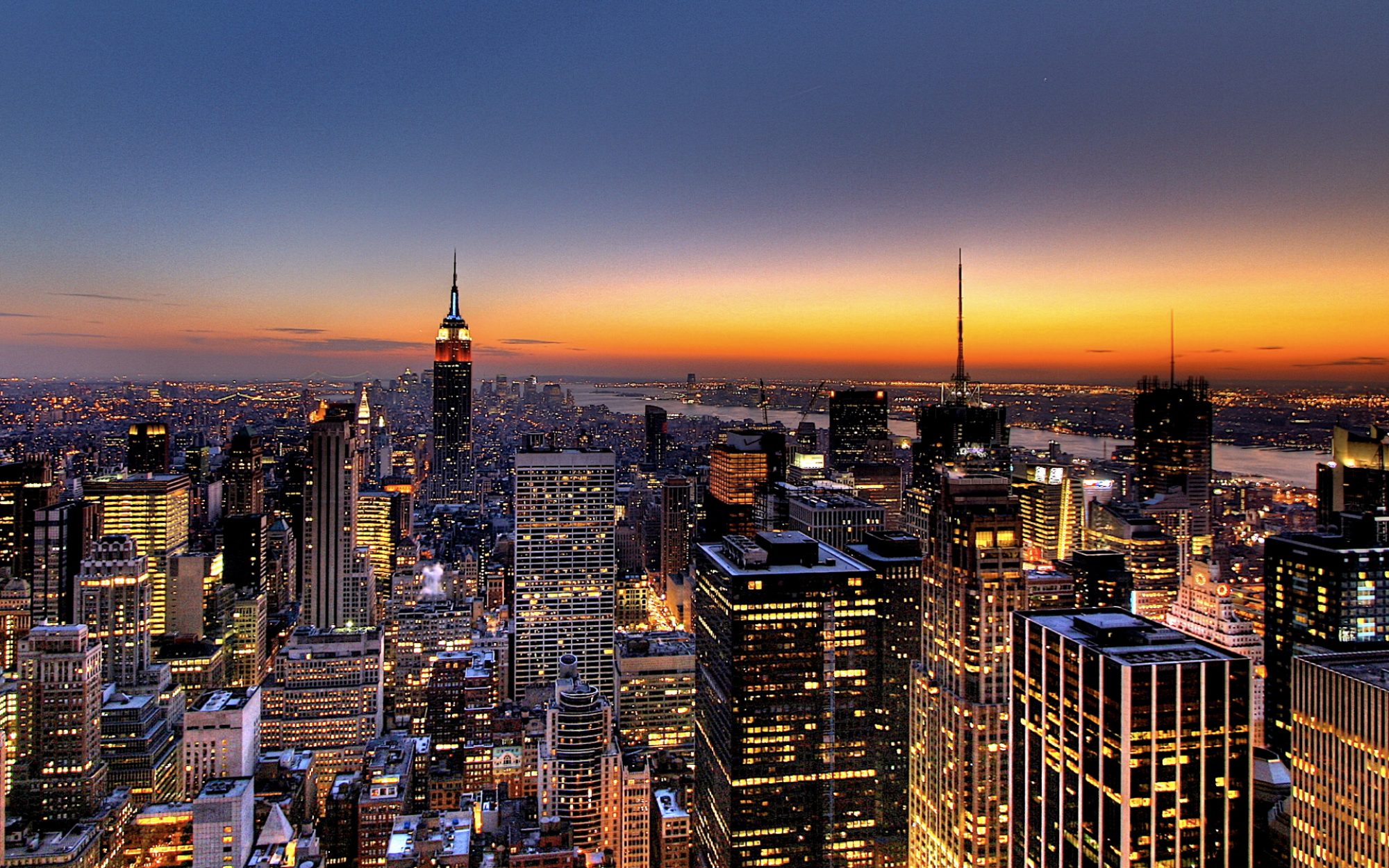Any decision made by a company most often have to be guided by few basic principles, values and morals. If a business is to focus on their long term growth and stability and aspire to gain a large customer base while increasing their market share and brand loyalty, they must ensure that all decisions taken are guided by morally acceptable principles.
One would think in the 21st century a well informed, educated branch of society would absolutely refuse to contribute towards the millions of dollars in revenue earned each year bymajor fashion brands in the industry like Forever 21, TJ Maxx, Zara and H&M.
However according to recent reports, most of these major retailers avoid paying factory workers the minimum wage and they are forced to work in extremely poor conditions. In, considerably one of the most wealthy states in America, California, a recent investigation by the California department of labour found that a jaw dropping 85% of the cases and companies were violating the labour laws and minimum wage rates and therefore had to pay millions in damages to their workers.
Owning a whopping 62% brand share in the footwear industry in US is Nike, with a sale of $28 billion per annum. However 2 decades ago this brand was under fire for their use of sweatshops overseas to reduce their costs by employing foreign workers for way cheaper wages. Reports claimed that Indonesian Nike workers were paid as less as 14 cents per hour and forced to work endlessly in extremely unfavorable conditions until they collapsed on their sewing machines. Nike’s strong foothold in the industry begun to fade with numerous protests from the public and massive masses of boycotts. This is just another explicit example of how vital it is for companies to make ethically correct decisions since it can have a direct impact on their sales, brand image and value
.
Nonetheless Nike managed make a turnabout on their public image by being brutally transparent about these claims. This led to a raise in minimum wages for workers, improving the worker’s environment and conditions and thus ensured to abide by the labour laws and practices. Till date Nike publishes reports which divulge the conditions in which their workers work in and their pay scales. This has finally helped the brand to knock off its image, which was synonymously linked with extreme labour exploitation, after continuous efforts.
This just goes to show the extreme consequences linked with unethical decision making by big brands and companies and how it might take years for a well reputed company to reinvent their image once exposed to the dark side linked with unethical decision making in a business.
———————————————————————————————–
Lutz, A. (2015, June 06). How Nike shed its sweatshop image to dominate the shoe industry. Retrieved September 13, 2017, from http://www.businessinsider.com/how-nike-fixed-its-sweatshop-image-2015-6
Behind a $13 shirt, a $6-an-hour worker. (n.d.). Retrieved September 10, 2017, from http://www.latimes.com/projects/la-fi-forever-21-factory-workers/
Gurl.com. (2017). 11 Of Your Favorite Clothing Brands That Use Sweatshop Labor – Gurl.com. [online] Available at: http://www.gurl.com/2016/05/01/clothing-stores-and-brands-that-use-sweatshop-labor/ [Accessed 14 Sep. 2017].
Bain, M. (2017, August 01). Nike is facing a new wave of anti-sweatshop protests. Retrieved September 13, 2017, from https://qz.com/1042298/nike-is-facing-a-new-wave-of-anti-sweatshop-protests/
We know which companies sell clothes made by sweatshop workers. Consumers should shop accordingly. (2017, September 08). Retrieved September 13, 2017, from http://www.latimes.com/opinion/readersreact/la-ol-le-sweatshop-workers-apparel-los-angeles-20170908-story.html
